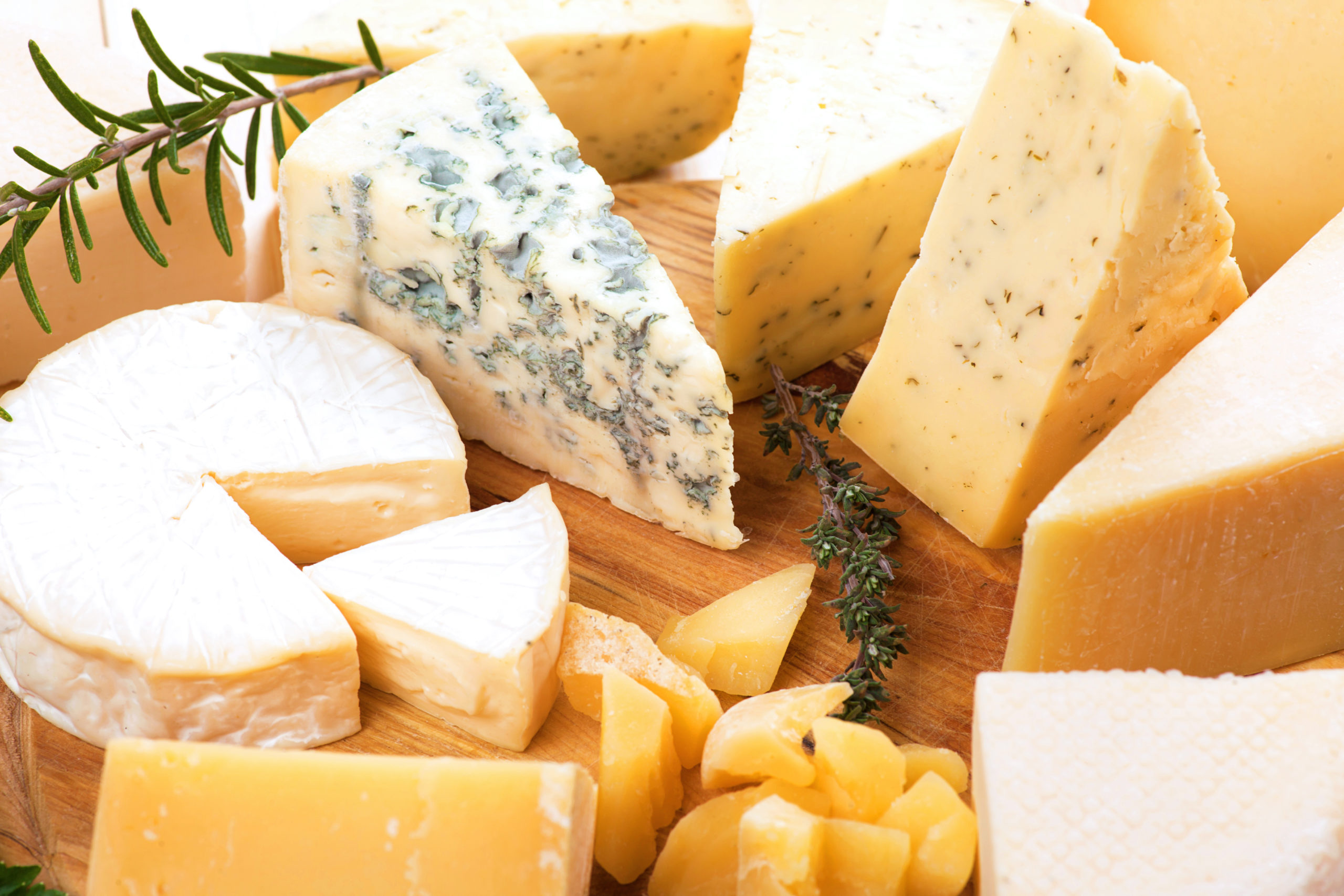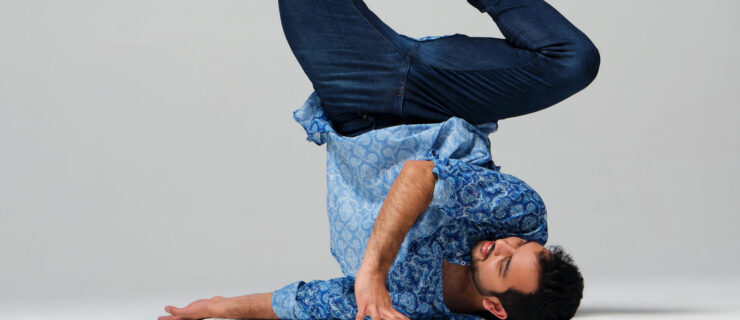Can Cheese be a Part of a Healthy Dancer’s diet?
If you’re a cheese fan, then chances are you have a love–hate relationship with this sometimes sweet, sometimes salty snack. You’re ready to add it to your favorite dishes, but subtle fears loom as you recall a favorite blogger’s new dairy-free lifestyle. Can cheese be part of a dancer’s meal plan? Let’s break it down.
The Benefits
It’s no understatement that the nutrient profile of cheese is particularly perfect for dancers. Cheese is rich in protein, making it a powerful part of a recovery snack. Most varieties are also high in calcium, and fortified cheeses are high in vitamin D, offering a BOGO deal for strong bones. Aside from these power players, cheese offers a boost of immune support with nutrients like vitamin A and zinc, and keeps your metabolism fired up with vitamin B12.
Too Much of a Good Thing?
Despite a shining nutritional resumé, cheese gets a questionable reputation in our culture because it’s high in fat, particularly saturated fat, which is associated with heart disease. This fear of fat is compounded by systemic fat phobia, which is unfortunately a problem that’s exacerbated in the dance industry. The sodium in cheese is also a common red flag for people who are prone to high blood pressure.
The Bottom Line
Before you opt out of cheesy goodness, consider this: Association does not equal causation, and the research correlating cheese with heart disease was surely not conducted on active dancers. Dancers shouldn’t feel stressed or worried about eating cheese. Sprinkle some on your salad, add a slice to your sandwich or try a shredded version atop your pasta. This boost of protein will help to slow carbohydrate metabolism and promote sustained energy levels. As for the fat, it enhances your body’s absorption of key nutrients, like those A and D vitamins—and supports energy balance, hormonal health and satiation. And, by the way, the sodium in cheese is a helpful electrolyte replacement for dancers who are heavy sweaters; when paired with water and crackers, cheese can aid in your body’s overall hydration status.
What Is Enough?
You’ll need to reassess if you have a medically diagnosed dairy allergy or intolerance to lactose. Depending on your personal level of tolerance, a cheesy snack might leave you feeling physically uncomfortable before a performance. Consult with a medical professional for practical alternatives and remedies, like digestive enzymes.
If you’re worried that your cheese habit is getting excessive, then consider mindful eating techniques to better assess how much cheese feels good physically. A lack of control might be a sign that your relationship with it needs repairing. An all-or-nothing mindset is a common reason why dancers often feel stuck, and allowing yourself unconditional permission to enjoy cheese is the first step. If you’re struggling, reach out to a licensed professional, such as a registered dietitian nutritionist.





